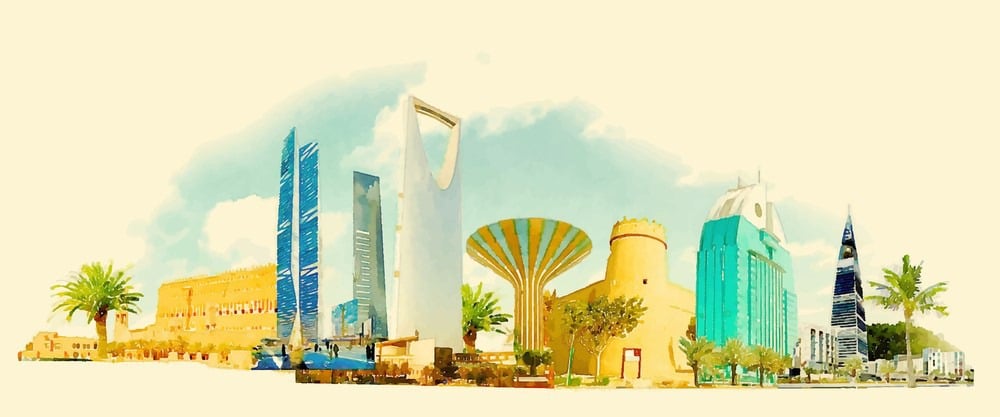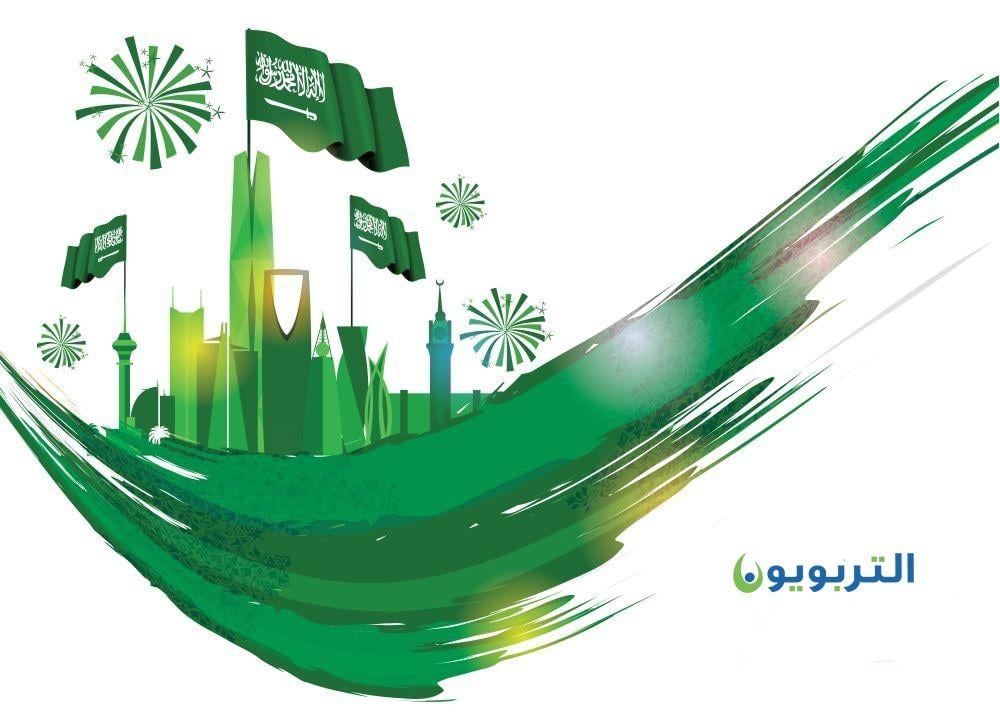Today we live in a reality that embodies the dominance of a single language and openness to globalism. We are exposed to a powerful and powerful media machine. We are contemporary with giant global companies spread across most capitals, which work together, intentionally or unintentionally, to obliterate the national civilizational identity and cultural specificity of societies. If a group of young people of different nationalities stood in one row and we looked at them from behind without seeing their faces; It will often be difficult for an observer to distinguish their nationalities. An Indian will look like a Chinese, an Arab like an Italian. They all wear the same pants from one brand, and wear shirts from other fashionable brands. Even their haircuts may look the same. If you ask them about their interests and which celebrities they like, their answers will often be consistent. We will discover that they eat from the same international fast food restaurants, spend their time on their mobile phones, play the same game, and watch the same TV series. We may even find that they all speak English, support the same football hero, and listen to a specific band. If only the matter were limited to appearances without affecting values and ethics. To what extent do we need to protect national and cultural identity and promote a correct understanding of citizenship?
What makes human societies distinct are their cultural identities, which are connected to their civilizational roots and are formed from a set of values, affiliations and loyalties, as they are supposed to appear in the behavior of its people, their food, their arts, their fashion, their buildings and all forms of daily life. Protecting the national cultural identity from the overwhelming global trend is a matter that disturbs sleep. If we follow the approach of prohibition and isolation from the world and distancing ourselves from foreign cultures, we fear that it will lead us to stagnation and backwardness. If we let the reins go freely, then continuous exposure to such trends will lead to the distortion and dissolution of the national identity and the extinction of values. With time, we fear that the roots of connection with the civilizations that constitute this identity will be severed. So what is the path between prohibition and openness?
Based on these data, there is an urgent need to establish the foundations and components of citizenship that distinguish cultural identity in a way that ensures the conscious acceptance of human contributions from other cultures, while preserving the national heritage and adhering to the cultural origins. This will ensure that our children are stronger and more resilient, like the authentic palm tree, whose roots are firmly established and cannot be swept away by any current, no matter how strong. To meet this need, let us study more deeply the basic components of citizenship in the child's personality, which is a collective responsibility shared by the family, the school, and society.

First, we must distinguish between the feeling of patriotism and understanding the meaning of true citizenship. Loving one's homeland, feeling nostalgic for it, and defending it is an instinctive feeling that an individual has towards the land on which he was born, spent parts of his life, and has some memories of it. Perhaps some creatures share this feeling with us. Plants are very difficult to grow and obtain the same quality of their fruits elsewhere. Similarly, migratory birds do not build nests in the land of emigration. Loving one's homeland is an innate feeling, and remaining in one's homeland and finding security there is a great blessing. Being forced to emigrate is one of the greatest trials and tribulations that a person faces. When the Prophet (peace and blessings be upon him) emigrated, he looked at Mecca and said, "What a good land you are! You are the most beloved of God's lands to me, and had your people not expelled me from you, I would not have left." The Arabs of old said, "Elephants see India in their dreams," and camels, despite their coarse livers, yearn for their homeland.
Citizenship is the relationship that unites the individual with his homeland, and its two wings are defined by rights and duties that draw images of loyalty and belonging. It is a kind of agreement between the individual and his homeland, whereby the homeland guarantees the citizen rights such as preserving religion, security, protection, education, etc., and obligates him with some duties such as defending religion and homeland, participating in building it, preserving its resources, etc. To achieve national education, it is not enough to focus on formalities and repeat slogans and songs that we memorize for the child, despite their desirability. Rather, there are basic elements that must be completed for citizenship to be achieved, and they can be explained to the child in the form of live situations, stories, and discussion sessions. Therefore, these foundations must be built in the early childhood stages, and they are:
- First : The rights and duties of the citizen, which the Islamic religion has drawn for us and defined the frameworks of the relationship between the citizen and his country to introduce to the child, talk to him and invite him to think about them, so that each of them understands what he has and what he is responsible for, as God Almighty said: “O you who have believed, obey Allah and obey the Messenger and those in authority among you” [An-Nisa’: 59].
- Second : Strengthening the national identity in the child’s soul and making him proud of his origins through his appreciation of himself and his community and his pride in his identity, which is evident in clothing and food, while clarifying its cultural and civilizational dimension.
- Third : Belonging to society and learning about its customs and traditions. We begin by introducing the child to his primary affiliations, which begin with the immediate family, then the extended family, then society... arriving at language and religion, and then extending the roots of connection with the beliefs and cultural components upon which the traditions of society are built.
- Fourth : Social responsibility in supporting the child’s personality. We begin by entrusting him with small responsibilities at home, then introducing him to the meaning of social responsibility in the form of behaviors, such as preserving the nation’s resources and wealth, such as water and electricity... so that he becomes a responsible, capable, and empowered person in the future.
- Fifth : Coexistence and the ethics of dealing with others, as we teach the child how to adopt Islamic morals, and we teach him the benefits of adhering to all the limits, laws, and regulations that guarantee a just life for him and others.
- Sixth : Community participation by educating the child about the necessity of contributing to the building and development of the nation, and that the individual’s advancement is linked to the advancement of his nation, and participation in charitable and volunteer work, as it is the least we can offer to the land on which we have lived and enjoyed its bounties.
Finally, every concept in life has a type of upbringing if the educator takes care of it and achieves his goal. With regard to conscious national education: if the child is raised on the foundations of citizenship, understands and practices it, sees influential models in society who represent it, and recognizes its connection to Arabism and Islam, which constitute the civilizational dimensions and the established roots of behavior, then undoubtedly, God willing, he will have a clear understanding of the true meaning of citizenship and how to be a good citizen, and he will be protected from the consequences of exposure to strange global trends that are incompatible with his patriotism.
I ask God Almighty to protect our children and make them righteous, to help us and guide our steps towards goodness. I ask Him to honor and protect our country and all Muslim countries.
Amen, O Lord of the Worlds.
